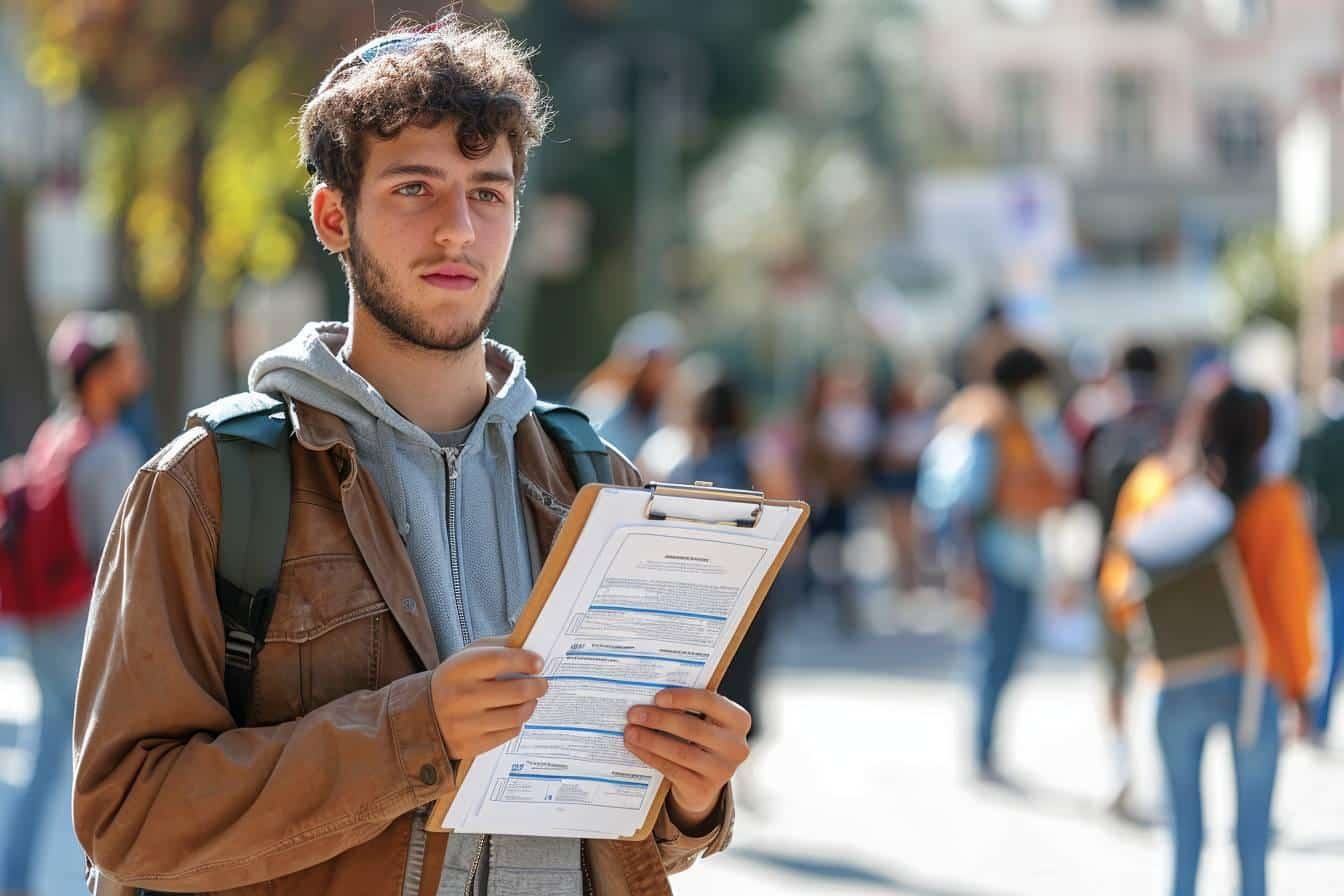Exploring Jewish Identity and Campus Dynamics in U.S. Colleges
In a landscape of diverse and evolving identities, Jewish students on U.S. college campuses are increasingly grappling with the dual challenges of affirming their heritage and navigating the complex socio-political environments of their institutions. A recent survey led by Tufts political scientist Eitan Hersh, funded by the Jim Joseph Foundation, delves into these issues, shedding light on the intricate dynamics of campus life for Jewish students.
The Growing Importance of Jewish Identity
The study reveals a significant trend: an increasing number of Jewish students report that their Jewish identity is crucial to them. From 2022 to 2024, there was a marked rise in students who deemed their Jewishness as “very important.” This shift suggests a robust reconnection with their roots amidst a backdrop of global and domestic challenges, including the reverberations from the Israel-Hamas conflict which have been felt strongly on college campuses.
The Challenge of Expression
Despite this strengthened identity, many Jewish students feel compelled to conceal aspects of their heritage and opinions to assimilate into the broader campus culture or within their own community events. This tension underscores a broader theme of identity management that many minority groups face in various settings but is particularly pronounced in these educational institutions where political views can be polarizing and lead to social isolation.
Divergent Perceptions of Institutional Bias
The perception of institutional bias stands out starkly in Hersh’s findings. Jewish students often view their schools as antagonistic towards Israel, influenced perhaps by faculty opinions, student activism, and administrative policies. In contrast, non-Jewish students perceive these same institutions as supportive of Israel. This dichotomy not only highlights the subjectivity inherent in campus politics but also points to the potential for misunderstanding and conflict among student populations.
Socioeconomic Status and Support for Israel
An intriguing aspect of the survey is the correlation between socioeconomic status and support for Israel. Both Jewish and non-Jewish students from higher economic backgrounds were more likely to express pro-Israel sentiments. This correlation might be attributed to social circles that include Jewish individuals or positive engagements with Jewish culture and Israeli life, suggesting that personal relationships can significantly influence political views.
The Role of Education in Fostering Understanding
Hersh advocates for the use of educational settings as forums for open discussion and learning. The classroom can serve as a sanctuary where stereotypes are dismantled, and diverse perspectives are considered. Such interactions not only enrich the educational experience but also prepare students for citizenship in a diverse world.
Implications and Moving Forward
The implications of these findings are profound for administrators, educators, and policymakers who are tasked with creating inclusive environments that foster healthy dialogue. There is a clear need for initiatives that promote better understanding among different student groups and between students and administration.
- Policy Reforms: Institutional policies must strive to balance freedom of speech with a respectful and inclusive campus climate.
- Educational Programs: Schools should implement educational programs that promote an understanding of different cultures and perspectives, potentially reducing biases and misconceptions.
- Support Systems: Universities should enhance support systems for minority groups, providing safe spaces where students can express themselves without fear of judgment or isolation.
A Call for Broader Research
Hersh’s work is pivotal not only for its insights into Jewish student experiences but also as a model for similar studies across different demographic groups. Understanding how diverse communities experience college life will be crucial in crafting more effective educational policies and fostering a more inclusive society.
Conclusion: Embracing Diversity on Campus

The challenges faced by Jewish students on U.S. campuses reflect broader societal issues concerning identity, belonging, and expression within public spaces. By embracing this complexity and striving for a deeper understanding among all student groups, colleges can become true microcosms of democratic engagement and mutual respect.
In conclusion, while the road ahead is fraught with challenges, it is also ripe with opportunities for growth and understanding. As we move forward, let us commit to fostering environments where every student can thrive, secure in their identity and respected by their peers.
About the Author:
This article was written by an experienced journalist specializing in educational dynamics and cultural studies within university settings. With a passion for exploring how identity shapes personal experiences in academic environments, the author seeks to uncover stories that inspire deeper understanding and connection among diverse student populations.



